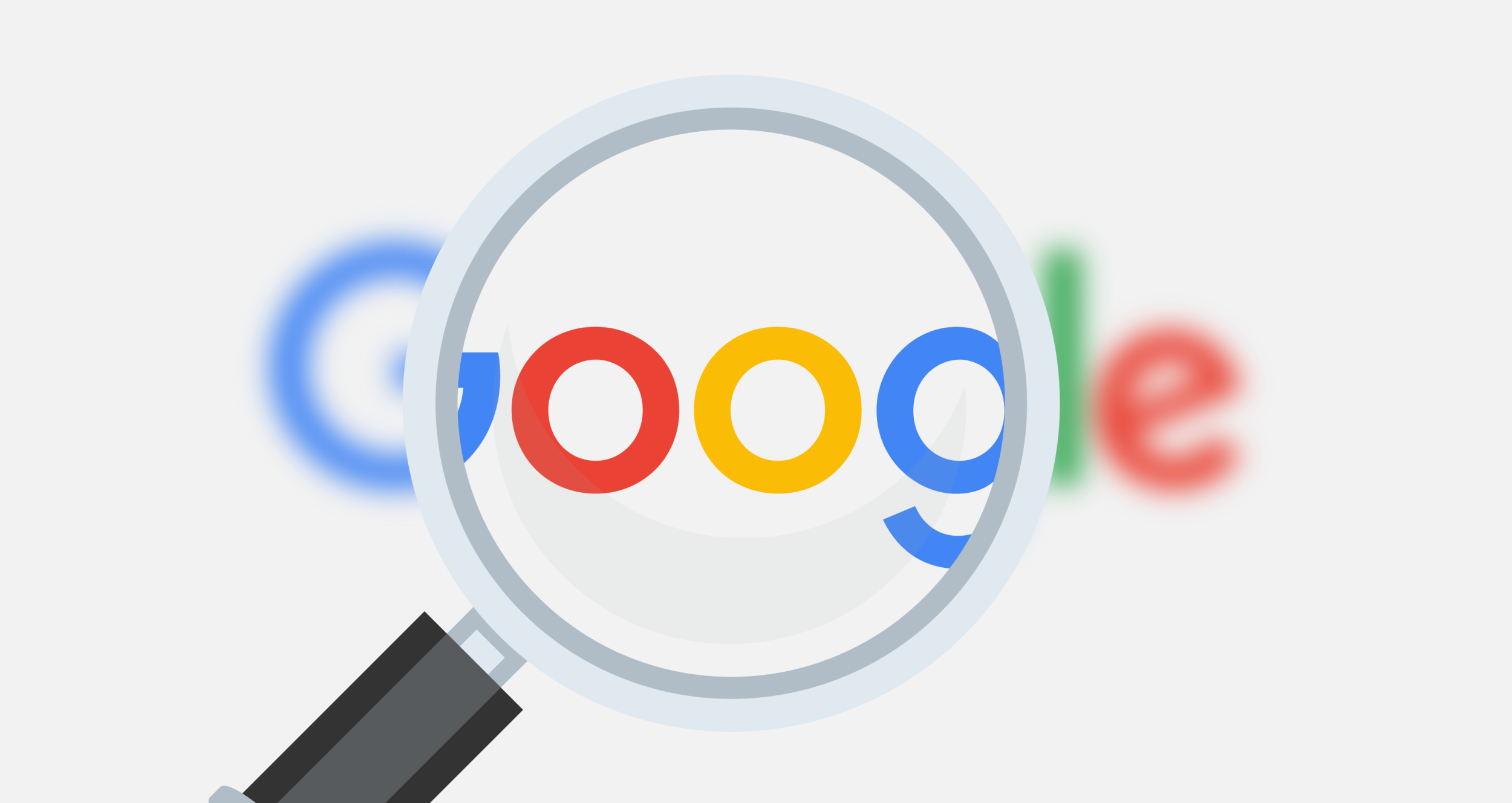A hot potato: Google releases new updates for its search algorithms all the time. One of those latest "tweaks" has, however, made publishers and site owners worry more about AI, with low quality generated content apparently ranking better than original text written by humans in many instances.
Google recently released a new improvement for its ubiquitous web search service as a "helpful content update," which is designed to improve the service classifier. As explained on their Search Central blog, the new helpful content system generates a signal used by Google's automated ranking systems to better ensure search queries are served with "helpful content created for people."
The site-wide signal automatically identifies content that seems to have little value, low-added value, or is otherwise not particularly helpful to people. The signal is then considered among many others for use in Google search ranking algorithms.
According to a discussion on a webmaster's forum, Google's latest tweak to search is promoting "AI-generated crap" in results against long-form, well-written and researched content. Some site owners say they have experienced a sudden, substantial drop in readership and traffic after the update, while posts that were "very obviously" generated by AI were outranking human-made content.

Google acknowledged that the latest update could affect website rankings, but said it did nothing to favor AI-generated text over human-made content. The helpful ranking system was designed to show more content in search results that's created to help or inform people, a Google spokesman said, while penalizing content "created solely to rank better on Google Search" at the same time.
Before the update, Google's "helpful content" documentation was referring to content "written by people, for people." Now, the page simply says helpful content "created for people." Google previously said that its ranking algorithms are no longer blocking AI content from appearing in SERP results, as it's essentially impossible to reliably detect the difference between AI and human-made text.
Google's ranking system is now letting AI-generated text get through on search results, as long as it seems to pass the company's own internal quality tests. Critics say that machine learning algorithms employed by AI services were trained on huge amounts of content scraped from the public web, so those services are essentially serving users an abridged version of what's already available out there – and Google isn't punishing this type of behavior at all.
